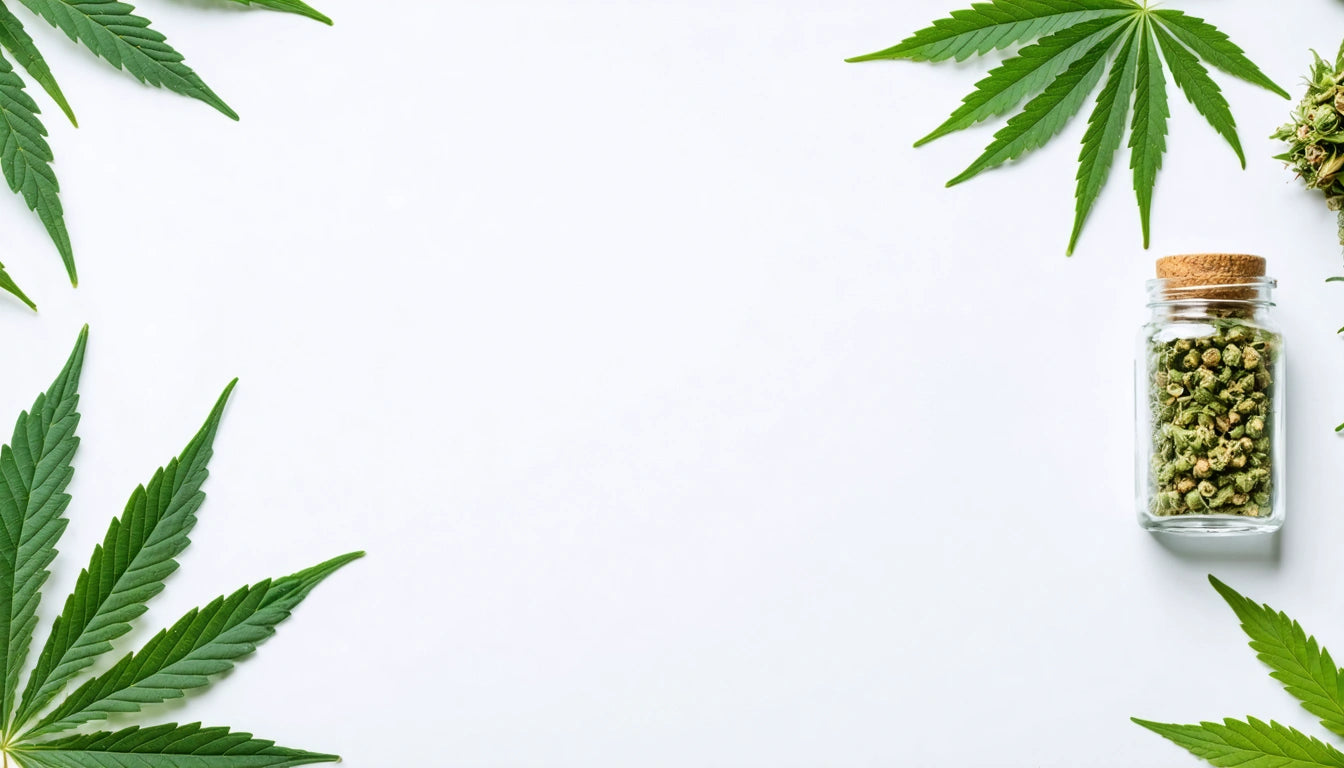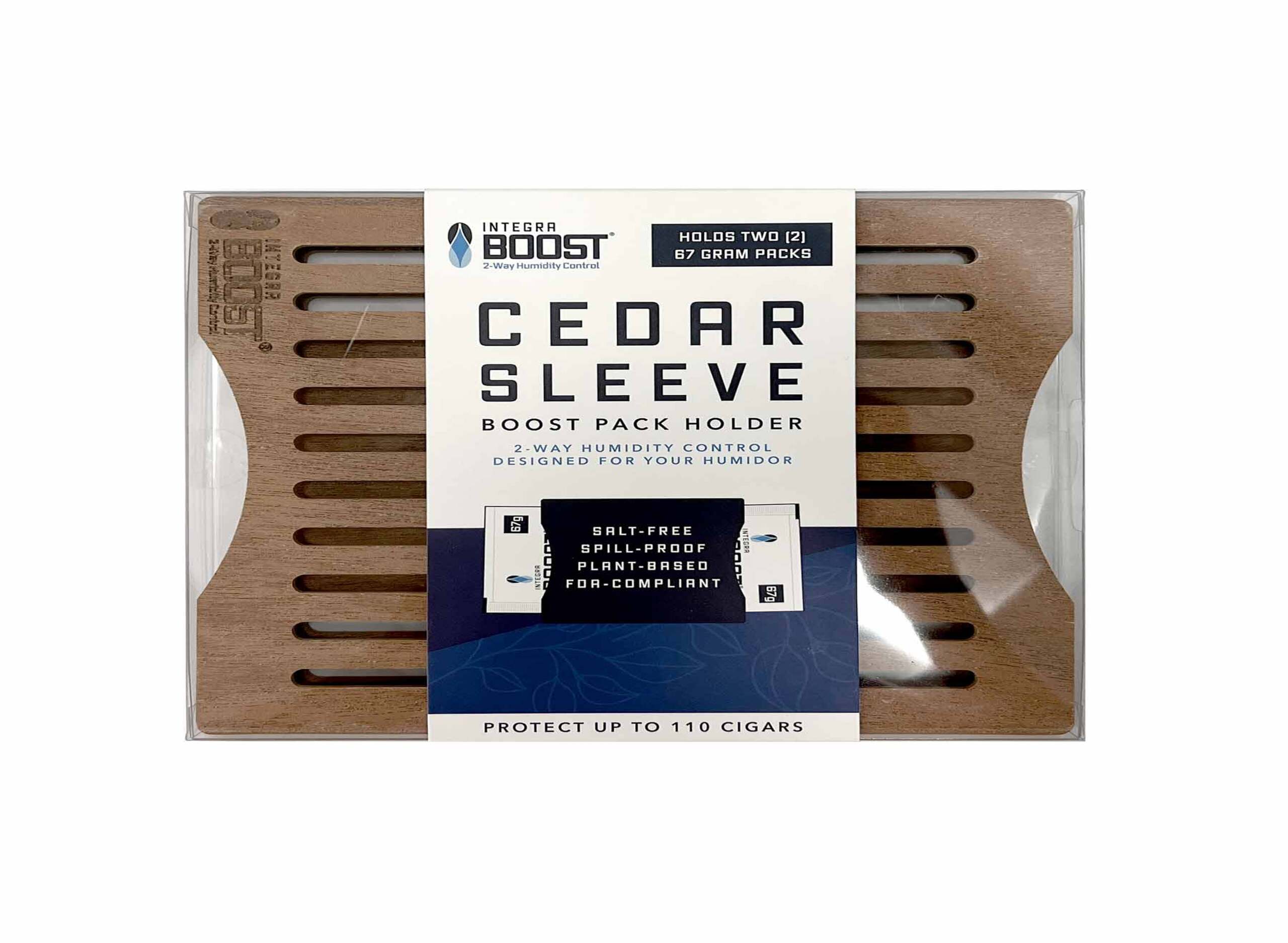Table of Contents
- Different Ways of Consuming Cannabis: How Each Affects Your High
- Edibles vs. Smoking: Understanding the Different High Experiences
- Factors That Affect How Pot Gets You High
- Duration and Intensity: How Long Does a Pot High Last?
- The Science Behind How Pot Makes You High
- Future Considerations for Cannabis Consumption and Effects
Understanding How Consuming Pot Affects Your High Experience
Cannabis consumption has evolved significantly over the years, with various methods now available to users seeking different experiences. Understanding how pot affects your high experience is crucial for both recreational users and medical patients to achieve desired effects while avoiding unwanted outcomes.
Different Ways of Consuming Cannabis: How Each Affects Your High
Cannabis can be consumed in multiple ways, each producing different onset times, durations, and intensities of effects. The primary methods include:
- Inhalation (smoking, vaping): Effects typically begin within minutes and last 2-3 hours
- Oral consumption (edibles, tinctures): Effects may take 30-90 minutes to begin and can last 4-8 hours
- Topical application: Generally doesn't produce psychoactive effects but offers localized relief
- Sublingual administration: Effects begin within 15-30 minutes and last 2-4 hours
The method of consumption directly impacts how cannabis and its components affect your high experience, particularly regarding onset time and duration.
Edibles vs. Smoking: Understanding the Different High Experiences
A common question is: does eating pot get you high? The answer is yes, but the experience differs significantly from smoking.
When cannabis is eaten, THC is metabolized by the liver into 11-hydroxy-THC, which is more potent and produces a more intense, longer-lasting high than smoking. As explained in this comprehensive guide on eating cannabis, consuming raw, unheated plant material typically won't produce psychoactive effects because the THC is present in its non-active form (THCA).
For businesses producing cannabis edibles, precise dosing is critical. Many manufacturers rely on specialized filling equipment for consistent product formulation to ensure consumers receive reliable experiences with every dose.
Highlight: Edibles produce a more intense and longer-lasting high than smoking because the liver converts THC to 11-hydroxy-THC, which crosses the blood-brain barrier more efficiently.
Factors That Affect How Pot Gets You High
Individual Biological Factors
How pot makes you high varies significantly between individuals due to several biological factors:
- Metabolism and body composition
- Endocannabinoid system sensitivity
- Tolerance levels
- Genetic predispositions
- Age and overall health
Research on how pot affects metabolism suggests that cannabis can influence metabolic processes, potentially affecting how quickly the body processes THC.
Cannabis Composition
The chemical profile of cannabis products significantly impacts the high experience:
- THC concentration determines potency
- CBD content can moderate THC's psychoactive effects
- Terpene profiles influence the qualitative aspects of the high
- Minor cannabinoids contribute to the entourage effect
Duration and Intensity: How Long Does a Pot High Last?
How long pot keeps you high depends on several factors:
- Consumption method: Smoking typically produces effects for 2-3 hours, while edibles can last 6-8 hours or longer
- Dosage: Higher doses generally produce longer-lasting effects
- Individual metabolism: Those with faster metabolisms may experience shorter durations
- Tolerance: Regular users often experience shorter, less intense highs
- Product potency: Higher THC concentrations typically extend duration
Understanding pot duration factors helps users plan their consumption according to their schedule and responsibilities.
The Science Behind How Pot Makes You High
Cannabis produces its effects by interacting with the body's endocannabinoid system (ECS). When THC enters the bloodstream, it binds to cannabinoid receptors, particularly CB1 receptors in the brain, triggering the release of dopamine and other neurotransmitters that produce the characteristic high.
This comprehensive guide explains how weed gets you high at the molecular level, detailing the cascade of neurochemical events that create the psychoactive experience.
The specific effects experienced depend on which brain regions have the highest concentration of activated CB1 receptors:
- Cerebral cortex: Altered thinking and perception
- Limbic system: Mood changes and emotional responses
- Cerebellum: Impaired coordination and balance
- Hippocampus: Memory formation alterations
- Hypothalamus: Increased appetite
In some cases, individuals may report not feeling high from cannabis due to factors like improper consumption technique, tolerance, or individual biochemistry.
Future Considerations for Cannabis Consumption and Effects
As cannabis research advances, our understanding of how pot affects the high experience continues to evolve. Emerging trends include:
- Development of fast-acting edibles with more predictable onset times
- Personalized cannabis recommendations based on genetic profiles
- More precise dosing technologies for consistent experiences
- Greater focus on minor cannabinoids and their contributions to the overall effect
- Better understanding of the long-term health implications of different consumption methods
These advancements will likely lead to more tailored, predictable cannabis experiences that maximize benefits while minimizing unwanted effects. Understanding both the risks and benefits of pot consumption remains essential for making informed decisions about use.
Whether you're curious about how pot gets you high or seeking specific effects for medical or recreational purposes, understanding the science behind cannabis consumption helps ensure safer, more enjoyable experiences tailored to your individual needs and preferences.











Leave a comment
All comments are moderated before being published.
This site is protected by hCaptcha and the hCaptcha Privacy Policy and Terms of Service apply.